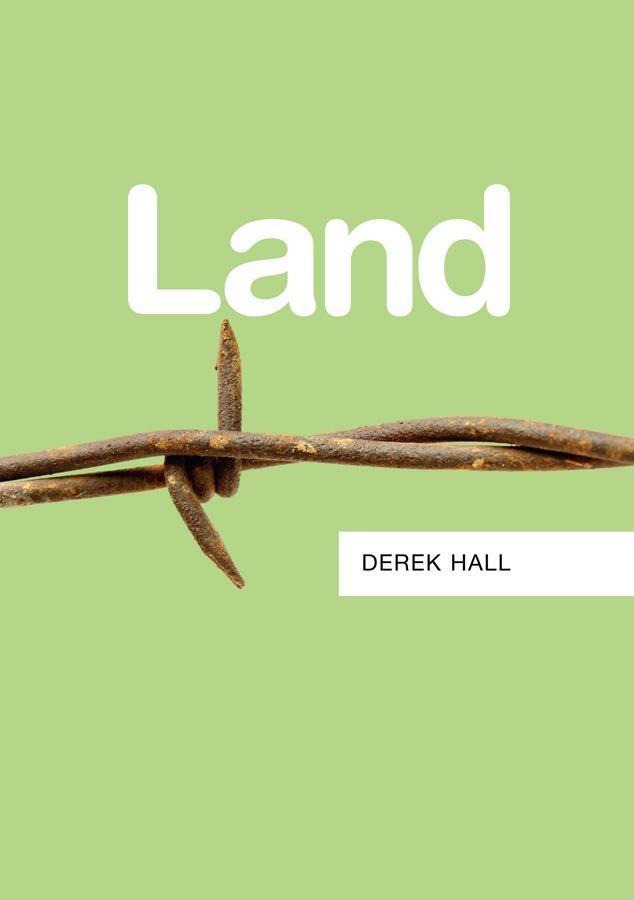
Sofort lieferbar (Download)
Land is one of the world's most emotionally resonant resources, and
control over it is fundamental to almost all human activity. From
the local level to the global, we are often in conflict over the
ground beneath our feet. But because human relationships to land
are so complex, it can be difficult to think them through in a
unified way. This path-breaking book aims to change that by
combining insights from multiple disciplines to develop a framework
for understanding the geopolitics of land today. style="font-family: Arial; font-size: 13px;" />
Struggles over land, argues Derek Hall, relate to three basic
principles: its role as territory, its status as property, and the
ways in which its use is regulated. This timely introduction
explores key dimensions of these themes, including inter-state wars
over territory, the efforts of non-governmental organizations to
protect property rights and environments in the global South, and
the 'land grabs' attempted by contemporary corporations
and governments. Drawing on a wide range of cases and examples -
from the Afghanistan-Pakistan border to the Canadian Arctic,
China's urban fringe to rural Honduras - the book provides
new ways of thinking about the political dynamics of land in the
21st century.
This richly detailed and authoritative guide will be of interest to
students across the social sciences, as well as anyone interested
in current affairs and contemporary geopolitics.
control over it is fundamental to almost all human activity. From
the local level to the global, we are often in conflict over the
ground beneath our feet. But because human relationships to land
are so complex, it can be difficult to think them through in a
unified way. This path-breaking book aims to change that by
combining insights from multiple disciplines to develop a framework
for understanding the geopolitics of land today. style="font-family: Arial; font-size: 13px;" />
Struggles over land, argues Derek Hall, relate to three basic
principles: its role as territory, its status as property, and the
ways in which its use is regulated. This timely introduction
explores key dimensions of these themes, including inter-state wars
over territory, the efforts of non-governmental organizations to
protect property rights and environments in the global South, and
the 'land grabs' attempted by contemporary corporations
and governments. Drawing on a wide range of cases and examples -
from the Afghanistan-Pakistan border to the Canadian Arctic,
China's urban fringe to rural Honduras - the book provides
new ways of thinking about the political dynamics of land in the
21st century.
This richly detailed and authoritative guide will be of interest to
students across the social sciences, as well as anyone interested
in current affairs and contemporary geopolitics.
Produktdetails
Erscheinungsdatum
04. April 2013
Sprache
englisch
Seitenanzahl
176
Dateigröße
1,21 MB
Reihe
PRS - Polity Resources series
Autor/Autorin
Derek Hall
Verlag/Hersteller
Kopierschutz
mit Adobe-DRM-Kopierschutz
Produktart
EBOOK
Dateiformat
EPUB
ISBN
9780745663531
Entdecken Sie mehr
Bewertungen
0 Bewertungen
Es wurden noch keine Bewertungen abgegeben. Schreiben Sie die erste Bewertung zu "Land" und helfen Sie damit anderen bei der Kaufentscheidung.









